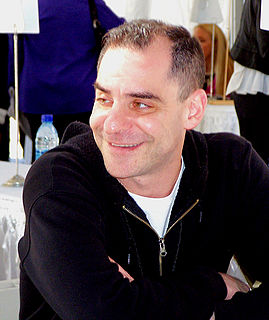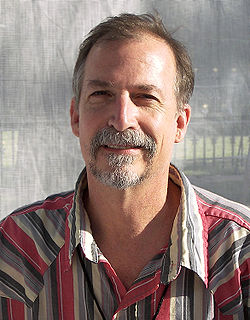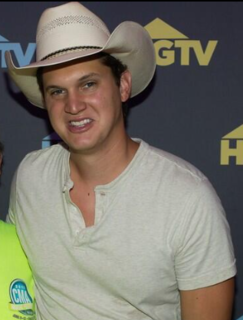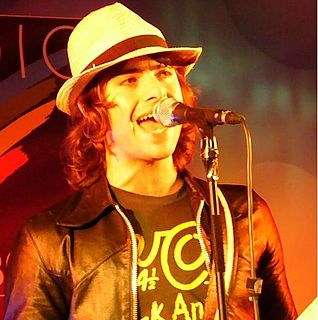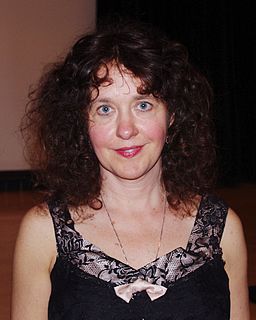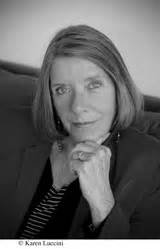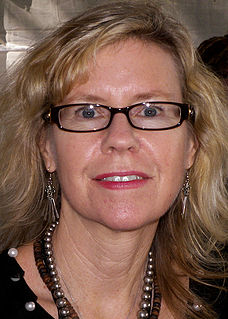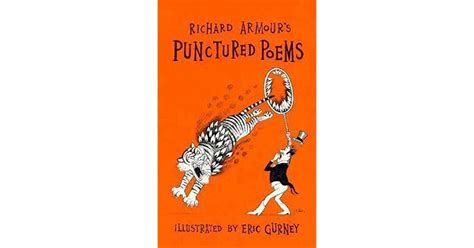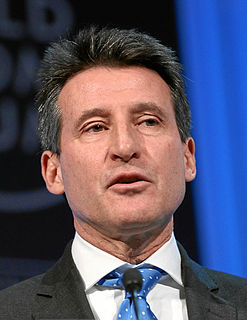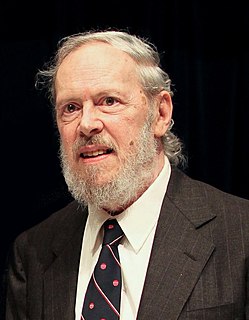Top 1200 Writing Essays Quotes & Sayings - Page 3
Explore popular Writing Essays quotes.
Last updated on April 19, 2025.
I have a hard time writing. Most writers have a hard time writing. I have a harder time than most because I'm lazier than most. [...] The other problem I have is fear of writing. The act of writing puts you in confrontation with yourself, which is why I think writers assiduously avoid writing. [...] Not writing is more of a psychological problem than a writing problem. All the time I'm not writing I feel like a criminal. [...] It's horrible to feel felonious every second of the day. Especially when it goes on for years. It's much more relaxing actually to work.
Writing is really just a matter of writing a lot, writing consistently and having faith that you'll continue to get better and better. Sometimes, people think that if they don't display great talent and have some success right away, they won't succeed. But writing is about struggling through and learning and finding out what it is about writing itself that you really love.
If you have to find devices to coax yourself to stay focused on writing, perhaps you should not be writing what you're writing. And if this lack of motivation is a constant problem, perhaps writing is not your forte. I mean, what is the problem? If writing bores you, that is pretty fatal. If that is not the case, but you find that it is hard going and it just doesn't flow, well, what did you expect? It is work; art is work.
Right now-whether you're in writing courses getting "paid" in credit for writing, or burdened and distracted by earning a living and changing diapers-figure out how to make writing an integral part of your life. Publication is good, and gives you the courage to go on, but publication is not as important as the act of writing.
If you are making money writing, you are doing great. If you can support yourself writing, you are a success. I don't care if you're writing textbooks or Pulitzer Prize-winning articles for weighty publications of world renown: If you're writing and it's paying the bills, consider yourself a successful writer.
Writing, for me, when I'm writing in the first-person, is like a form of acting. So as I'm writing, the character or self I'm writing about and my whole self - when I began the book - become entwined. It's soon hard to tell them apart. The voice I'm trying to explore directs my own perceptions and thoughts.
On the craft level, writing for children is not so different from writing for adults. You still have to have a story that moves forward. You still have to have the tools of the trade down. The difference arises in the knowledge of who you're writing for. This isn't necessary true of writing for adults.
The secret to writing is just to write. Write every day. Never stop writing. Write on every surface you see; write on people on the street. When the cops come to arrest you, write on the cops. Write on the police car. Write on the judge. I'm in jail forever now, and the prison cell walls are completely covered with my writing, and I keep writing on the writing I wrote. That's my method.
You honor your writing space by recovering, if you are an addict. You honor your writing space by becoming an anxiety expert, a real pro at mindfulness and personal calming. You honor your writing space by affirming that you matter, that your writing life matters, and that your current writing project matters. You honor your writing space by entering it with this mantra: “I am ready to work.” You enter, grow quiet, and vanish into your writing.
Gunn would be an important figure-rewarding, delightful, accomplished, enduring-in the history of English-language poetry even were his life not as fascinating as it now seems; he would be an important figure in the history of gay writing and in the history of transatlantic literary relations even were his poetry not so good as it is. With his life as it was and his works as they are, he's an obvious candidate for a volume of retrospective and critical essays, and this one is first-rate.
Writing for adults and writing for young people is really not that different. As a reporter, I have always tried to write as clearly and simply as possible. I like clean, unadorned writing. So writing for a younger audience was largely an exercise in making my prose even more clear and direct, and in avoiding complicated digressions.






